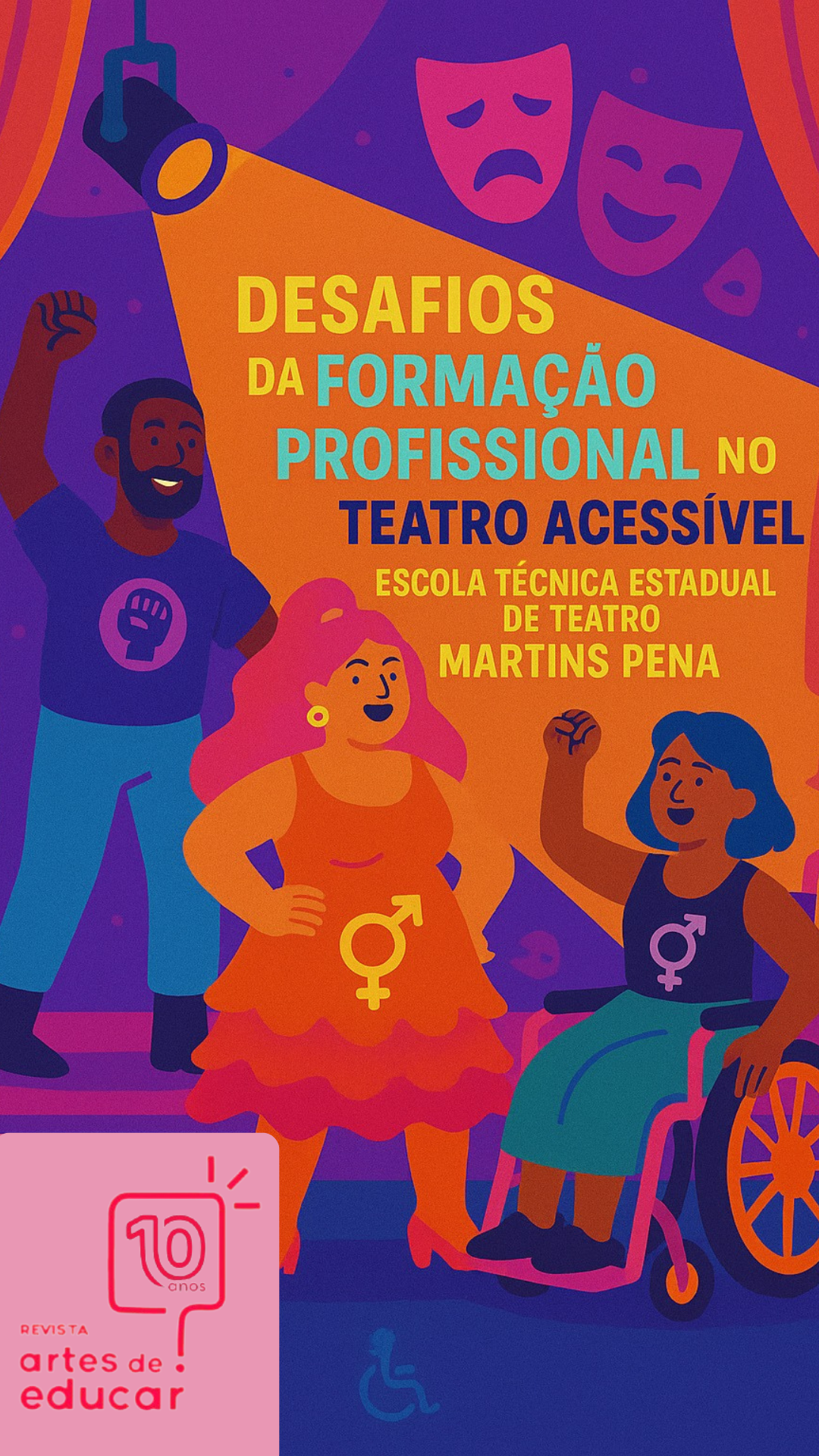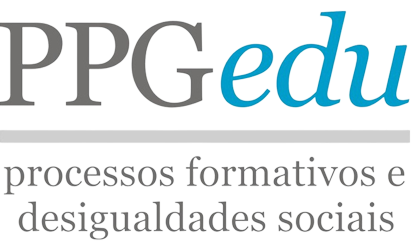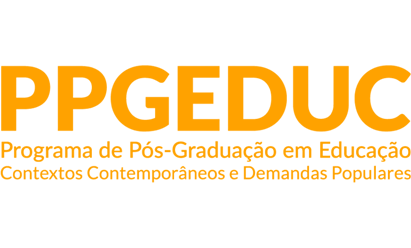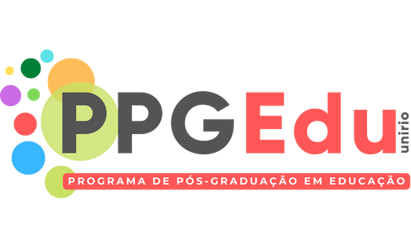Explorando as cores para além da visão: promovendo equidade na educação de estudantes com deficência visual
DOI:
https://doi.org/10.12957/riae.2025.85877Palavras-chave:
Código Universal de Cores (CUdC), Acessibilidade, Literatura InfantilResumo
Este trabalho, recorte de uma pesquisa de Mestrado, discute os resultados da aplicação de uma Sequência Didática, com o uso do Código Universal de Cores (CUdC), ancorada na Literatura Infantil, com a finalidade de apresentar e discutir, para além do aspecto visual, as cores primárias e secundárias a estudantes com Deficiência Visual. As discussões, reflexões e o incentivo às atividades escolares com o uso de cores, desde os primeiros anos de escolaridade, pode melhorar a compreensão do mundo, desenvolver a criatividade, a abstração e estimular os demais sentidos, visando, sobretudo, a promoção da equidade. Por outro lado, há contra-argumentos sugerindo que pessoas com Deficiência Visual não precisam aprender sobre cores, o que pode criar frustrações e, acima de tudo, exclusão de processos educacionais. As atividades propostas foram desenvolvidas em uma turma do quinto ano de escolaridade, com estudantes cegos e com baixa visão, por meio de investigação qualitativa, inspirada na pesquisa-ação. Como resultados, espera-se contribuir para a literatura de pesquisa, auxiliar professores e estudantes no processo de ensino e aprendizagem das cores, além de promover equidade na sala de aula, levando-se em conta a participação efetiva destes estudantes nas atividades de ensino que fazem uso das cores.
Downloads
Publicado
Como Citar
Edição
Seção
Licença
Copyright (c) 2025 Aristóteles Meneses Lima, Fábio Garcia Bernardo

Este trabalho está licenciado sob uma licença Creative Commons Attribution-NonCommercial 4.0 International License.
Os autores mantêm os direitos autorais dos seus trabalhos, têm permissão para publicar e distribuir seu trabalho online (ex.: em repositórios institucionais ou na sua página pessoal) a qualquer ponto antes ou durante o processo editorial, já que isso pode gerar alterações produtivas, bem como aumentar o impacto e a citação do trabalho publicado.
A aceitação do texto implica na autorização e exclusividade da Revista Interinstitucional Artes de Educar acerca do direito de primeira publicação, os trabalhos publicados estão simultaneamente licenciados com uma licença Creative Commons Atribuição-Não Comercial 4.0 Internacional 























